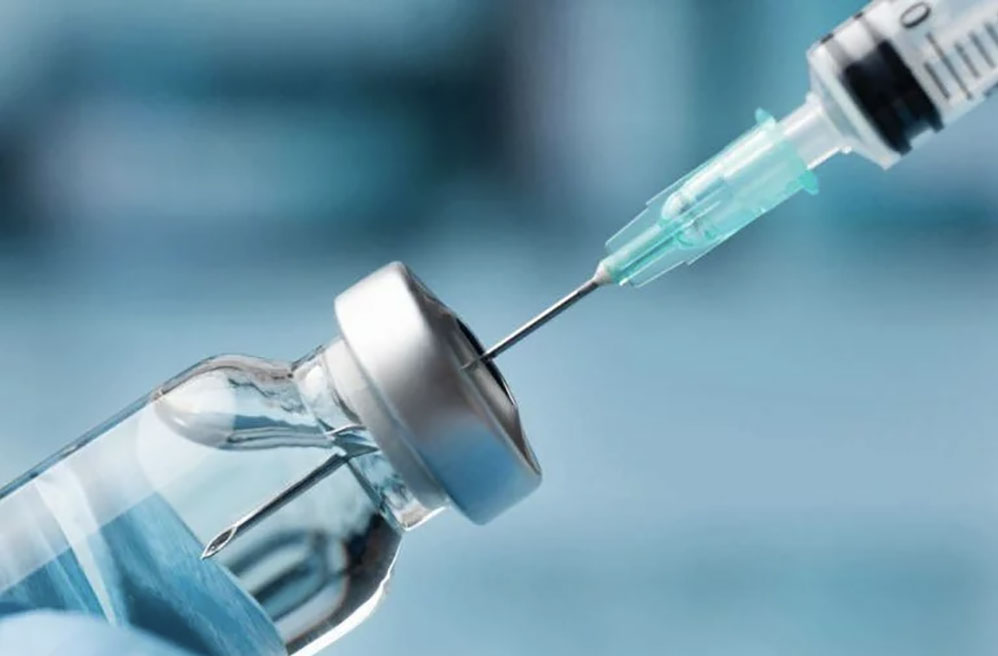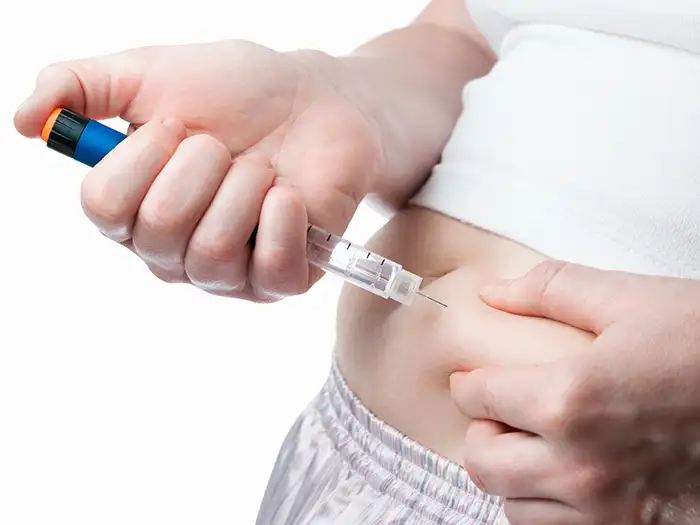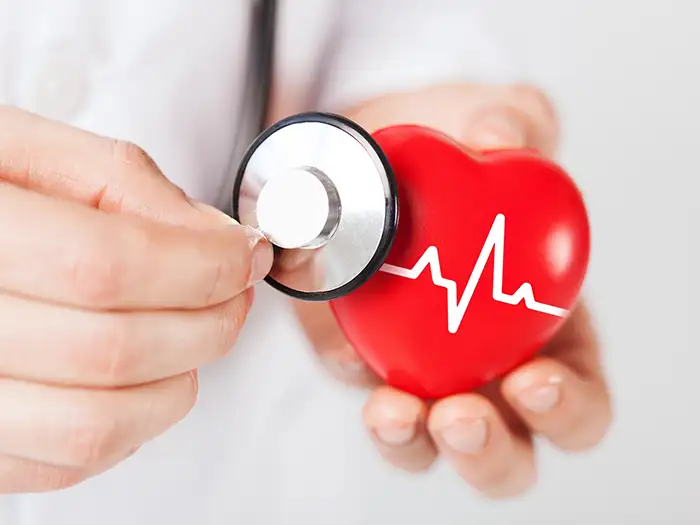When symptoms like missed periods, brain fog, low libido and vaginal dryness strike, it’s easy to ignore them as a normal part of aging. While it’s true that menopause can cause all of these symptoms as women’s bodies naturally change during the course of their lives, there’s another common culprit that’s easily treated: testosterone deficiency.
Testosterone is commonly thought of as the male sex hormone thanks to its role in the male body. While this is true, and while men make more testosterone than women, women still need testosterone to be healthy. It’s produced by the ovaries, adrenal glands and other tissues throughout the female body and is necessary in the right quantities for physical and mental health. Women’s bodies tend to produce between 1/10th and 1/20th the amount found in men, and when those numbers are too low, it can spell trouble for health.
Treating testosterone deficiency in women is relatively simple, but it starts by determining if testosterone deficiency is responsible in the first place. If you’re experiencing uncomfortable symptoms of testosterone deficiency, speaking to a medical professional is often the first step in managing them.
The Function of Testosterone in Women
In women, testosterone plays an important role in staying healthy. The female body converts testosterone and other androgens into female sex hormones that regulate several major functions of the female body. These include:
- Bone health
- Breast health
- Menstruation
- Vaginal health
- Libido
- Fertility
Symptoms of Low Testosterone in Women
Generally, women should have a normal testosterone level ranging from 15 to 70 nanograms per deciliter (ng/dL) of blood compared to men, who should have 300 to 1,000 ng/dL. When testosterone levels in women drop below 15 ng/dL, they may cause symptoms that can be uncomfortable or frustrating. Some of the most common symptoms of low testosterone in women include:
- Changes to breast tissue
- Issues with fertility
- Lower libido
- Irregular or missed menstruation
- Loss of bone density
- Loss of strength and muscle tone
- Vaginal dryness
- Insomnia
- Dry, brittle skin
- Anxiety or depression
- Lack of energy
The only way to confirm whether low testosterone is the cause of your symptoms is by being tested by a medical professional. A blood test can measure total testosterone to determine levels and whether treatment may be necessary.
Causes of Low Testosterone in Women
Testosterone levels start to drop naturally as women age, starting in their 30s. However, there are some common causes for low levels of testosterone, even accounting for the age-related decline. These may include:
- Having an oophorectomy (removal of ovaries)
- Turner syndrome (a genetic condition affecting ovarian development)
- Tumor on the pituitary gland
- Ovarian insufficiency
- Addison’s disease (adrenal insufficiency)
- Malnutrition
- Hyperprolactinemia (production of too much prolactin)
- Premature menopause (menopause prior to age 40)
- Hypothalamic amenorrhea (loss of menstrual period due to stress, exercise or weight loss)
- Certain medications, including hormonal contraceptives, antiandrogens, corticosteroids, opioids and oral estrogen therapy
are you experiencing low testosterone?
Common Misconceptions About Testosterone in Women
There are numerous misconceptions about testosterone replacement therapy, especially in women. From fears that testosterone can make women more masculine to worrying about side effects, many may be concerned about this form of treatment. However, it’s generally well-tolerated and shouldn’t be a concern for most women. Some of the most common misconceptions include the following.
Testosterone Is a Male-Only Hormone
While referred to as the “male hormone,” it’s also prevalent in women. In fact, it’s the most abundant active sex hormone in women throughout their lives, measured at 10 times higher rates than estrogen.
Testosterone Is Only Important for Women’s Sex Drive
Testosterone is important to sexual function for women, but it’s also important for myriad other processes as well. It’s important to bone density, muscle mass, mood, cognitive function and energy levels.
Testosterone Will Make Women More Masculine
Testosterone, in high enough quantities, can be used to treat female-to-male transgender patients and may cause increased facial hair growth and an enlargement of the clitoris. However, in the therapeutic doses given to women in hormone replacement therapy, it does not have a truly masculinizing effect. In fact, testosterone is known to stimulate ovulation and increase fertility and has even been used safely to treat nausea in the early stages of pregnancy without adverse effects. While hair growth is a possibility while taking testosterone, many women feel it’s better to treat the side effects than to stop taking testosterone.
Testosterone Will Make Women Aggressive
Some people assume that testosterone can cause aggression, and while anabolic steroids can increase the incidence of rage, commonly referred to as “roid rage,” therapeutic doses of testosterone do not cause this. In fact, in women, subcutaneous testosterone therapy was found to reduce aggression, irritability and anxiety, and androgen therapies have been used to treat PMS for decades.
Effects of Testosterone Replacement Therapy
Testosterone replacement therapy is still being studied in women, so the long-term effects aren’t yet fully known. Some common side effects are:
- Acne
- Deeper voice
- Male pattern baldness
- Hair growth on the face and chest
- Reduced HDL cholesterol
Because studies on long-term usage of testosterone therapy in women are still ongoing, speaking with a medical professional, like those at Hormonally Balanced, can help you make an informed decision on whether testosterone replacement therapy is the right course of treatment for you and any symptoms you may experience.
Treating Low Testosterone in Women
If your medical professional has determined you need treatment for a testosterone deficiency, there are several options available.
If your medical professional has determined you need treatment for a testosterone deficiency, there are several options available. Trained
medical professionals may prescribe women testosterone treatments in several forms, including:
- Injections
- Pellets
- Creams
- Patches
- Gels
- Pills
Another treatment option is taking an over-the-counter DHEA supplement. As DHEA is a precursor to testosterone, these supplements may be able to help your body create testosterone on its own.
Some lifestyle changes may also help boost testosterone levels in women. In particular, eating a balanced diet with foods rich in healthy fats can help the body produce more testosterone. Alongside this, regular exercise, including both cardiovascular and strength training, as well as managing high stress levels may help regulate the body’s hormone levels, alleviating some symptoms.
If natural or supplemental options don’t work to alleviate symptoms, it may be time to speak to a medical professional for a formal diagnosis and medical treatment options. Never rely on over-the-counter testosterone supplements as a self-help option.
Diagnose and Treat Low Testosterone With Hormonally Balanced
If you think you may be experiencing low testosterone, you’re not alone. Many women experience the effects of low testosterone, especially as they age, but thankfully, it’s manageable with treatment.
Hormonally Balanced is a woman’s health and hormone clinic serving the greater Boston area. We specialize in treating women’s hormonal imbalances to improve health and wellness and feature an all-female staff of practitioners. We offer comprehensive testing and biological hormone replacement therapies to help you feel your best.
If you’re ready to explore options for testosterone replacement therapy, contact us today to schedule an appointment.



